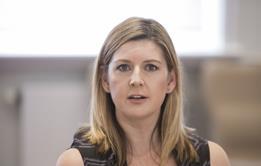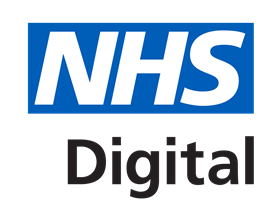Part of the problem with improving interoperability and data sharing is winning public support for it amid a climate of suspicion surrounding the subject. Our expert panel discussed the issue, watched by Alison Moore
The recent history of large-scale attempts at data sharing is not a happy one. Care.data – the NHS’s plan to do this across all its component sectors – was closed last year after widespread criticism of its processes for gaining consent to share data. Around 1.5m people had said they did not want their data shared beyond their GP practice except for direct care or in exceptional circumstances.
Future data sharing needs to overcome some of these challenges and ensure there is public support and appropriate consent for the uses made of the data.
Engagement and explanation
Many saw building public support as a long process of engagement and explanation. GP and clinical chair of Leeds North CCG, Jason Broch, said engagement had gone on for years in Leeds around their own plans for data sharing. “If you give people the right information, they will take the right decision. When people are controlling their data and have confidence, they probably share it wider,” he added. “When we are doing it all behind closed curtains in organisations that breeds suspicions.”
Jeremy Taylor suggested there had not been a debate about shared data – more ’an intermittent moral panic’
LGA health and care digital lead Mark Golledge felt there was a difference in the public acceptance of sharing information for direct care of the person involved and sharing for other purposes such as commissioning, public health and analytics – as well as research. ”I think the trickiest area is where we talk about data sharing for commissioning, population health and analytics,” he said. But NHS Providers policy adviser Cassandra Cameron pointed out this had been tackled in some areas, and where this had happened there were demonstrable benefits.
National Voices chief executive Jeremy Taylor suggested there had not been a debate about shared data – more “an intermittent moral panic”. But he added public opinion was generally supportive of sharing as long as they were clear about why it was being used.
He compared the debate over care.data with the Brexit referendum, with one side having the emotive arguments that resonated with people. There needed to be strong arguments made for sharing data using stories to make them resonate with the public.
Roundtable: Data can drive improvements in healthcare – how can we share it more effectively?

In a joint HSJ/LGC roundtable, our expert panel discussed the problems of a health service in need of more patient data but constrained by privacy issues, public mistrust and official reticence, as well as all-too-familiar financial and technological obstacles. Alison Moore sat in.
- 1
 Currently
reading
Currently
reading
Roundtable: The public fear of shared data – and how to tackle it
- 3

































2 Readers' comments